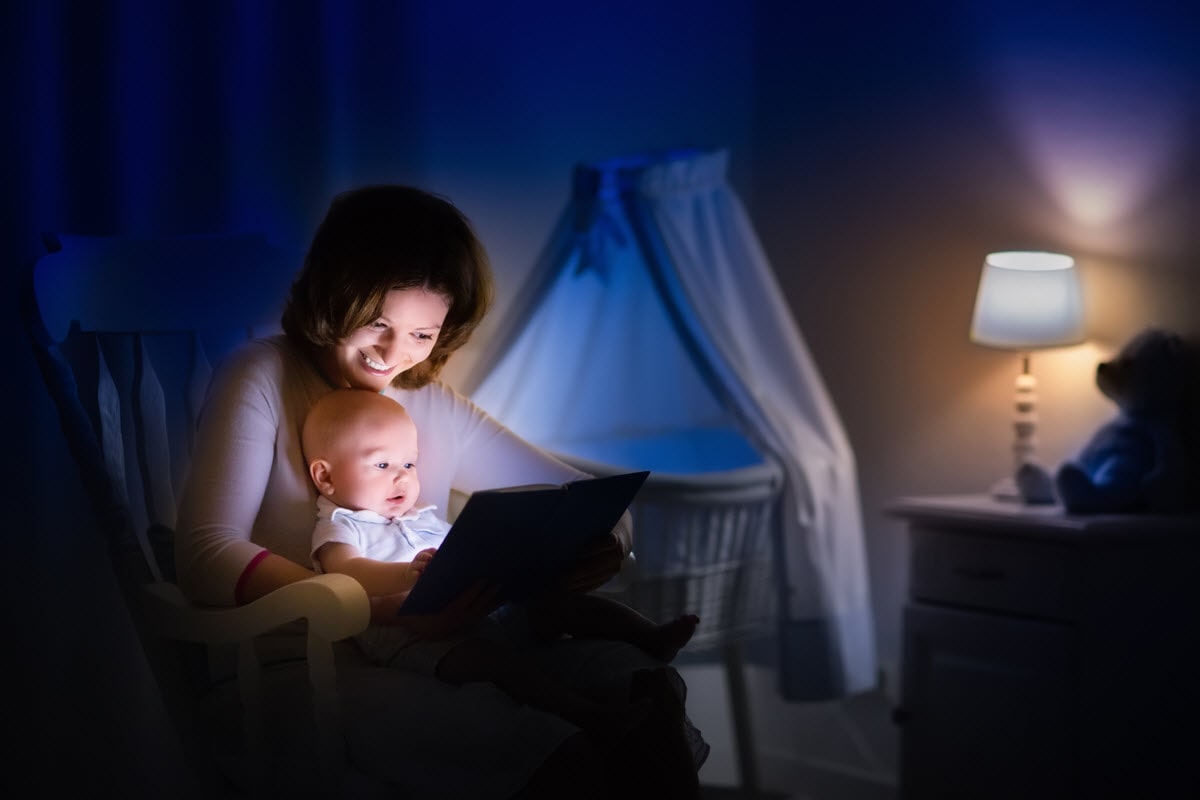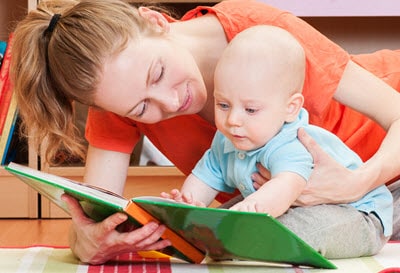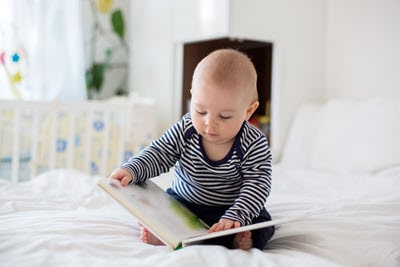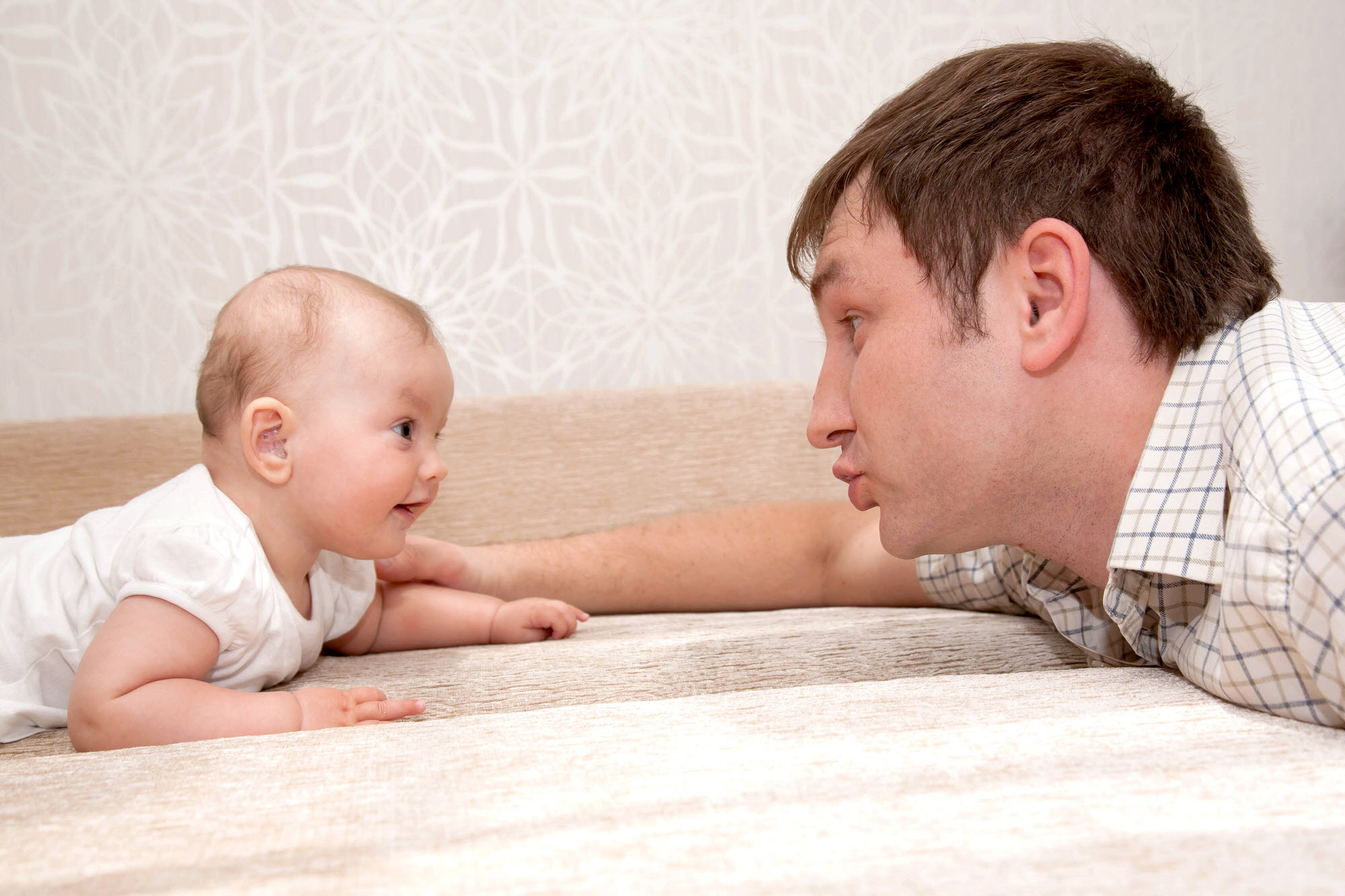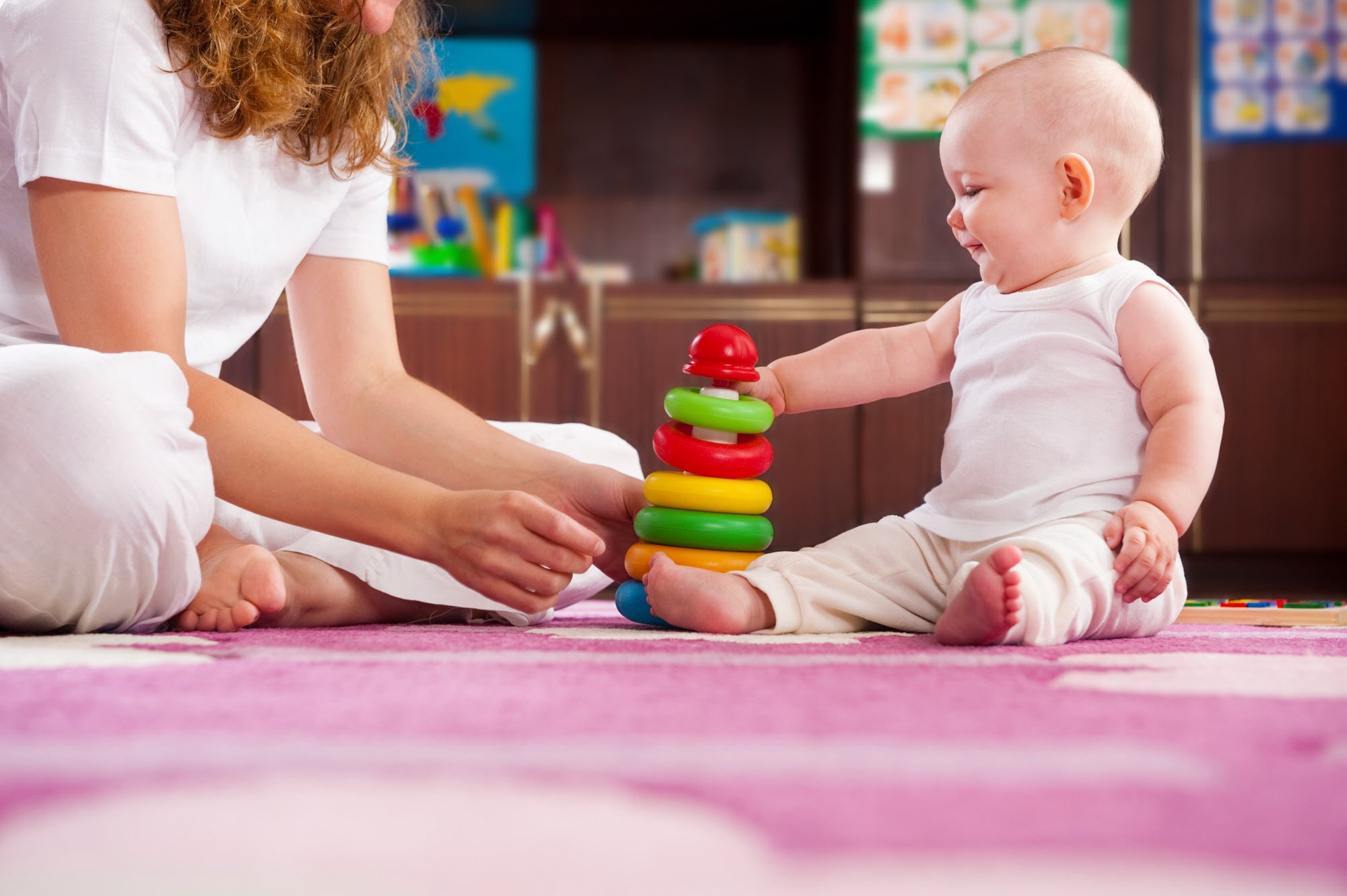Should you teach babies to read early on in life or teach them later when they’re older?
The idea of teaching a baby to read is controversial.
Some would say that it’s impossible, while others argue that it’s not too early to teach your child the basics skills they need for reading.
In this blog post, we’ll discuss:
- whether or not teaching babies to read is actually possible
- address some common misconceptions
- show you the best way to develop your little one’s early literacy skills
What do we mean by “babies”?
We want to be clear on what age range we classify a baby in this article because there is often confusion as some say babies are from 0 – 3 years old.
Technically, babies should be classified as 0 – 12 months.
So that includes birth up until their first birthday.
Before looking at whether it’s possible to teach a baby to read, let’s look at:
- Supposed benefits of why people feel so strongly about teaching reading early
- Reasons why some experts say it’s too soon for reading lessons
Benefits of teaching a baby to read
Here are some of the benefits early readers enjoy, which is why so many parents are interested in starting reading lessons as early as possible.
- Reading head start. Sets them up for reading success from the get-go, and a young child will be more advanced in their literacy skills than their peers. Because reading typically only starts in kindergarten.
- Academic success. Studies show that kids who start reading early perform better in school than those who don’t
- Early reading leads to an increased vocabulary because they can understand more language.
- Improved language skills and a more extensive vocabulary, resulting in better verbal communication skills in school-age children.
- Early reading leads to a love of books that can last an entire lifetime for the child.
- Higher self-esteem. Early readers tend to have more self-confidence and are less likely to be shy when expressing themselves.
Disadvantages of trying to teach a baby to read too early
- Babies learn primarily with their senses, playing and exploring, so they should not be forced into lessons.
- The first 12 months are crucial for a baby’s overall development. If primarily focused on learning to read, then other developmental areas may suffer.
- Babies have tiny attention spans. So placing too much pressure on them to learn to read may put them off reading, leading to negative consequences in the future.
Having looked at the pros and cons of early reading, it’s now time to find out whether or not it’s actually possible for a baby to learn to read.
Can a Baby Read?
Unfortunately, most research says NO, a baby can’t read. Here is a study from New York University that tested various early reading programs – the results are less than flattering.
On the other side of the argument, one company selling a learn to read program for babies insists that babies can, in fact, learn to read using the whole word method of learning.
What is the whole word method of reading?
The whole word method of reading is a sight words approach to teaching beginning readers.
It teaches sight words using memorization and repetition rather than letter sounds or phonics, which are more difficult for children to learn at an early age.
Although it might be possible to teach a baby to memorize words, there’s very little chance they will have any reading comprehension that goes with it.
We don’t recommend trying to teach a baby to read.
Here’s why.
How do babies learn and develop?
Babies learn primarily through exploration and all their senses. These first twelve months are critical for cognitive development.
Babies see the world as an open book. So it’s important not to force them into lessons because you’ll never know what they will find interesting!
Instead, play with them and interact by letting your little one explore their environment. This way, they can learn about various objects around themselves without being taught specific tasks or given explicit instructions on doing so.
How young is too young?
In our opinion, too young is under the age of two. While many children can learn to read before this age, it all depends on your child’s readiness and ability in early childhood. Read our post on when your child should start reading for more information.
We recommend not pushing them into direct lessons in the first two years – instead, let them explore and play!
It’s unnecessary to teach babies explicit lessons on how to read before weaning time is over. However, that doesn’t mean you can’t start teaching your baby early reading skills and literacy concepts we’ll talk about next.
How to teach a baby early reading skills
Babies are not ready for reading lessons just yet. The first year should primarily focus on developing speech patterns through spontaneous interaction rather than trying too hard to teach them how to read at an earlier age.
Here are some things you can do in your first year with baby that will help them develop their reading skills naturally.
Talk to and interact with your baby
Speak to your baby early and often. It might be hard at first, but you’ll see them start responding more as they grow older.
To do this most effectively, make sure you’re not talking at them. Rather truly interact with them so that they know what’s going on around them better than just hearing a voice or two coming through air space!
Also, try making eye contact when talking with your child and watch their reactions!
Benefits of talking to your child:
- Building vocabulary and gaining genuine understanding.
- Creating bonds with baby through speech patterns.
- Improves their mood and temperament because they feel more connected with you if they know that Mommy or Daddy is there for them!
- Building synapses in the part of her brain that handles language.
- Talking to your baby also builds empathy because they’re able to sense how you feel through tone and facial expression
Read books to your baby
Start reading books to your baby early on in their lives. You should read aloud at least a few times a day, preferably before bedtime and naptime, for the best effect!
The earlier you start, the better because it will make them feel more comfortable reading as they grow older.
Give them time to get used to new pictures and feel the pages of a book.
They’ll love flipping through the pages, pointing at pictures, and eventually, they might even attempt reading signs for themselves!
Naturally, children will want to mimic what’s done around them, so read aloud with your child often as you can to teach them speech patterns from an early age
Reading to your little one is a great way to bond and teach them new concepts!
Benefits of reading to baby:
- Encourages speech and language development.
- Teaching them how words go together in sentences as they read along with you! Helping develop their understanding for complete thoughts.
- They’ll start learning new vocabulary that will expand their minds to more concepts than just what’s around your home
- Proves to be an excellent bonding experience.
- Helps babies sleep better as reading before bedtime helps them settle in for the night!
- Promotes curiosity and imagination skills.
Play with your baby
Babies love to play, and they’ll enjoy it more if you get in on the fun with them!
Play games that involve speech patterns, too, like pat-a-cake or peekaboo.
You don’t need any toys for these, just your voice will do fine! Try singing songs to them and nursery rhymes too.
Babies love to explore new things, so try giving them various toys!
Play peek-a-boo and hide behind your hands, or just let them look for you in the room when they’ve been playing alone while exploring their surroundings.
You can even let them play with books like they’re a toy!
Benefits of playing with your baby:
- encourages speech development
- benefits cognitive development
- is vital for muscle and motor skill development.
- facilitates early language and communication skills
Key Takeaways of this Article
Although some companies selling learn-to-read programs for babies insist that babies can, in fact, learn to read using the whole word method of learning, we don’t recommend it.
Babies learn mostly through exploration and all their senses. Instead of teaching direct lessons to babies, rather encourage the natural development of literacy skills and concepts.
You can develop early literacy and reading skills by:
- Speaking to your baby
- Reading to your baby
- Playing with your baby
So, what’s the verdict?
We’re not convinced that babies can learn to read through the whole word method.
There are plenty of other ways to encourage your baby’s development and literacy skills without teaching direct lessons.
Instead of reading books for long periods or speaking in a matter-of-fact tone, try promoting early literacy by playing with them often, talking to them about their day, holding them while they nap on your chest, and more!
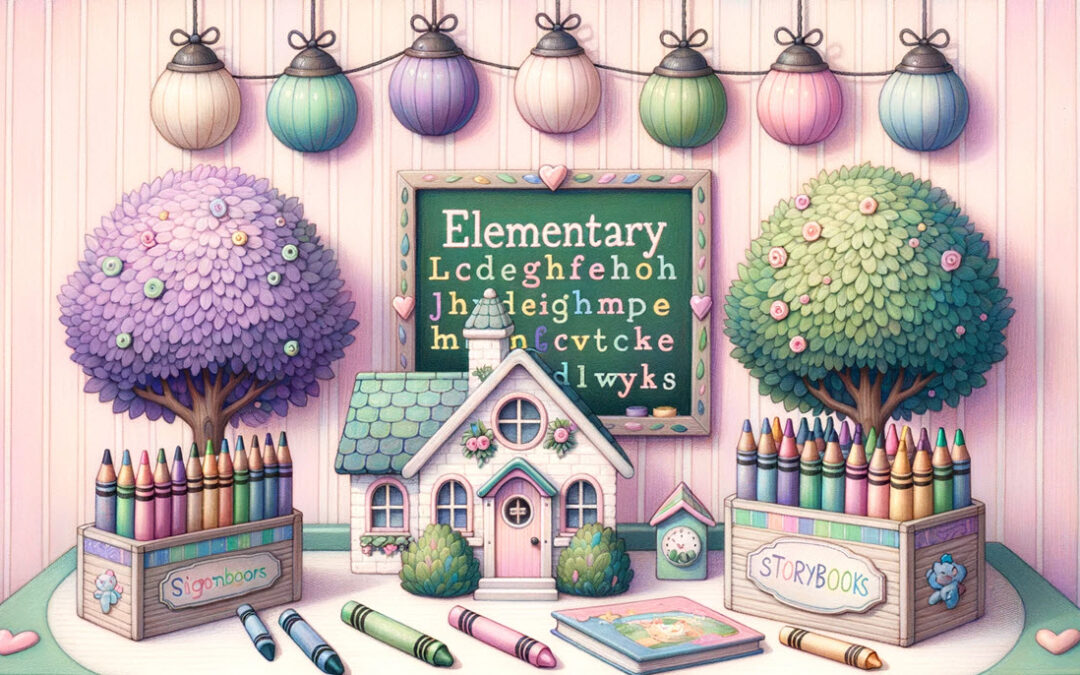
Words for Kindergarten to Learn: Unlocking a World of Communication and Discovery
Words for Kindergarten to Learn: Unlocking a World of Communication and DiscoveryEmbarking on the educational journey with your little one is a blend of excitement, anticipation, and a dash of uncertainty. As parents, we're wired to provide the best stepping stones...

How to Help Kindergarteners Learn Sight Words: A Journey of Discovery and Mastery
How to Help Kindergarteners Learn Sight Words: A Journey of Discovery and MasteryEmbarking on the literacy journey is a monumental step in a child’s life, with sight words paving the way for this exciting adventure. Imagine the spark of joy in a child's eyes when they...
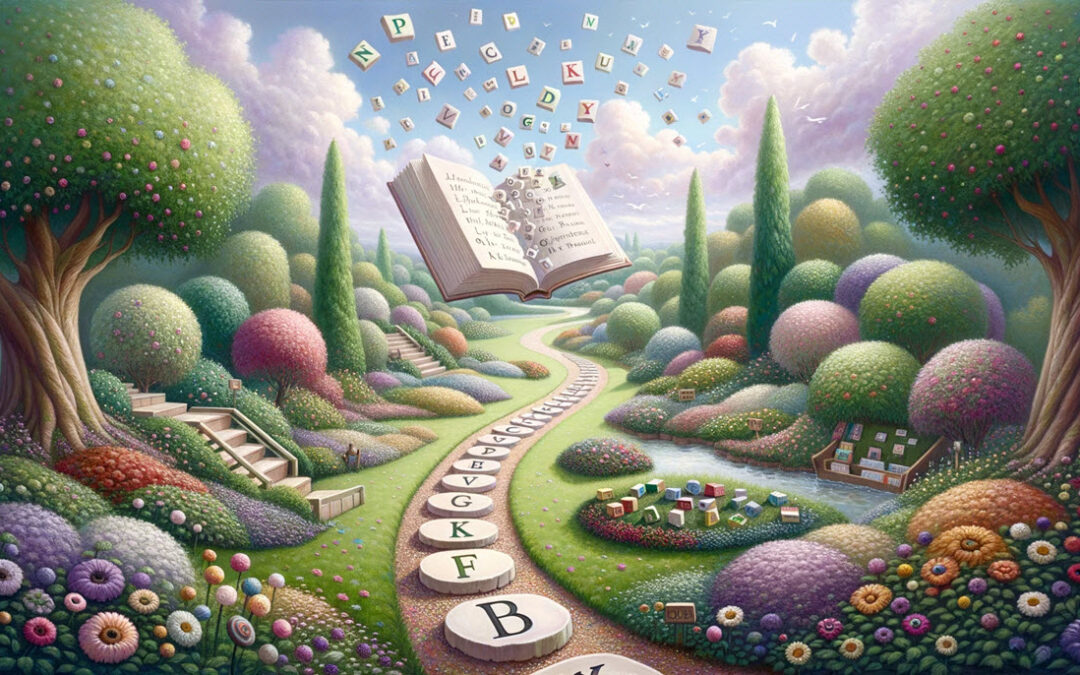
Learning the Letters in Your Name: Unlocking the First Door to Literacy
Learning the Letters in Your Name: Unlocking the First Door to LiteracyOh, the delightful spark in a child's eyes when they recognize the letters in their name for the first time! It’s a magical blend of curiosity and pride, wrapped in tiny moments of joy. This simple...

Alphabet Letters in Order with Numbers for Your Little Learner
Alphabet Letters in Order with Numbers for Your Little LearnerEmbark on a delightful journey where numbers meet letters, unlocking a world of playful learning for your young minds. Ever noticed how the gleam in their eyes sparkles a tad brighter when they successfully...
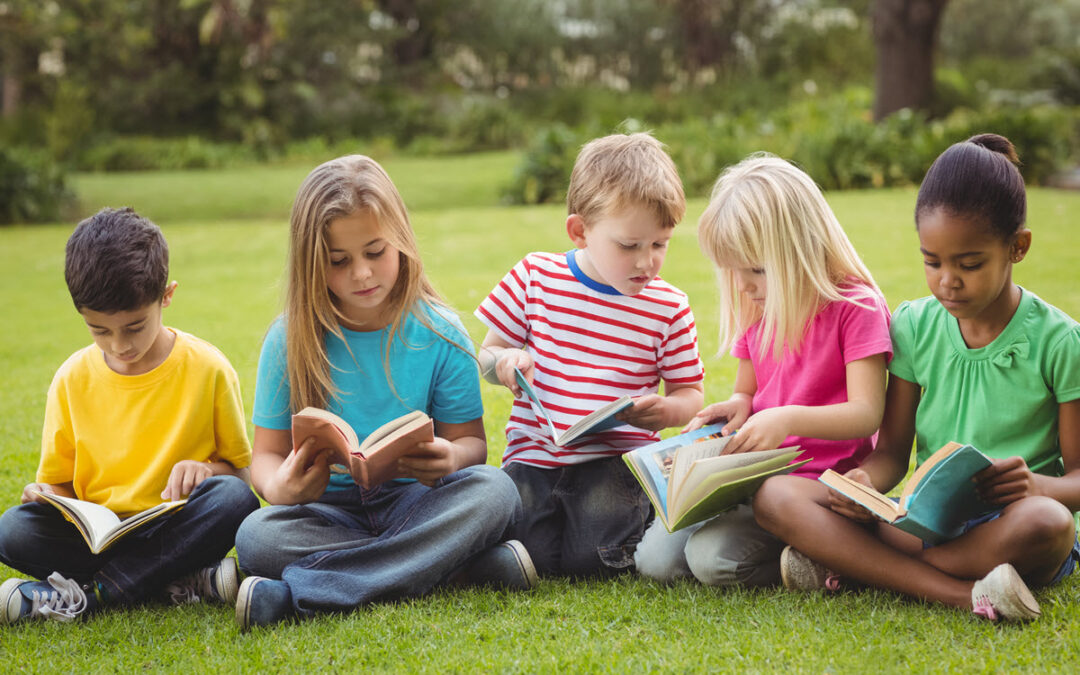
Teaching ABCs to Preschoolers: Embarking on an Alphabet Adventure
A Guide to Teaching ABCs to Preschoolers: Embarking on an Alphabet AdventureEmbarking on the adventure of teaching ABCs to preschoolers is a journey filled with giggles, squiggles, and oh-so-many memorable moments. This endeavor is much more than just singing the 'A,...

The Best Way to Teach Letter Recognition: Laying the Alphabetical Foundation
The Best Way to Teach Letter Recognition: Laying the Alphabetical FoundationEvery child's journey into the realm of literacy begins with a whimsical dance of lines and curves, the alphabet. It's a fascinating sight, seeing a child's eyes light up with recognition as...
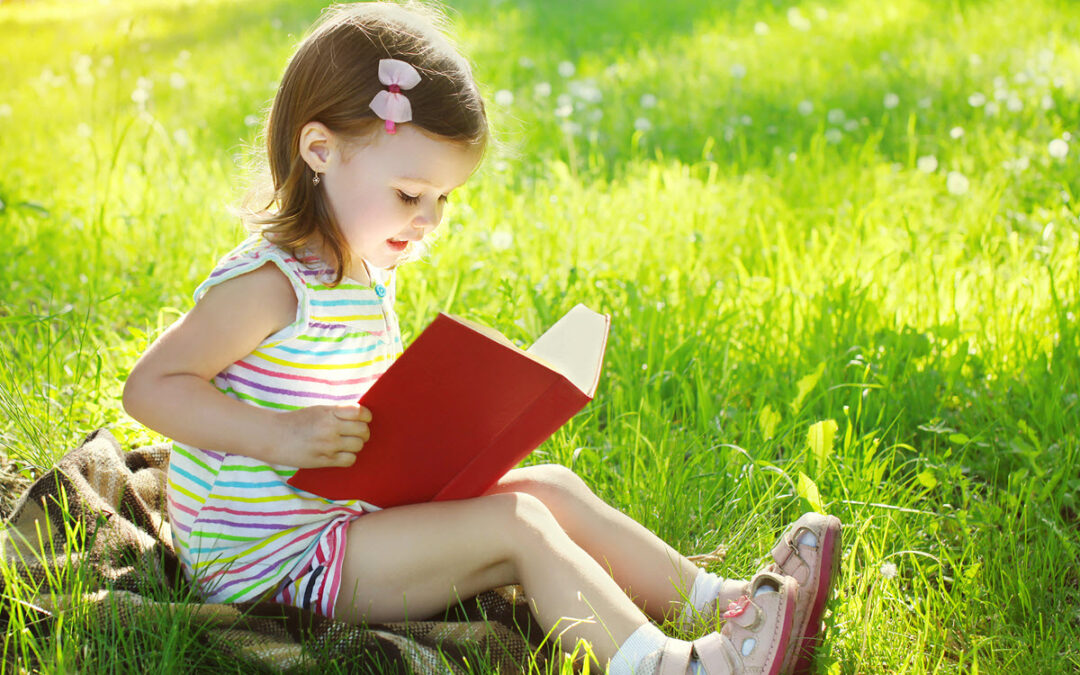
Phonemic Awareness vs Letter-Sound Correspondence: Unlocking The Mysteries of Early Literacy
Phonemic Awareness vs Letter-Sound Correspondence: Unlocking The Mysteries of Early Literacy Embarking on the literacy journey is akin to unlocking a treasure chest for your little one, filled with the jewels of knowledge, expression, and imagination. However,...
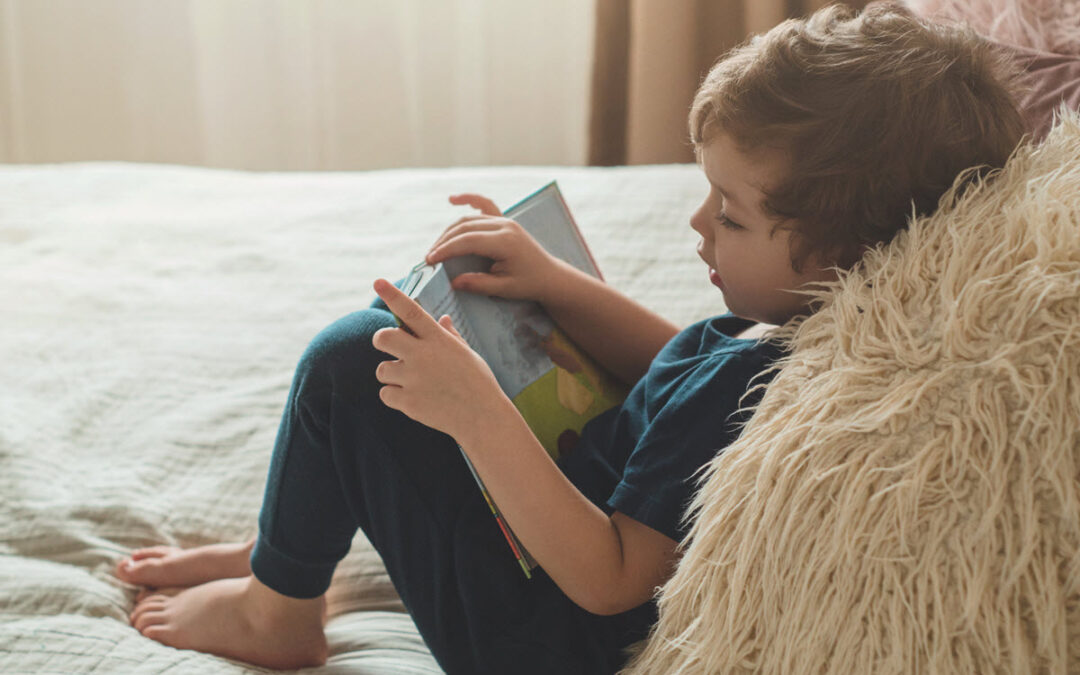
How to Use Elkonin Sound Boxes for Phonics
What is Decoding in Phonics: Unlocking the Secrets of Early Literacy "Sound boxes for phonics" might just be the magical tool you've been seeking to enhance your child's grasp of phonics. As a parent, you've likely faced the challenge of turning phonics into a...
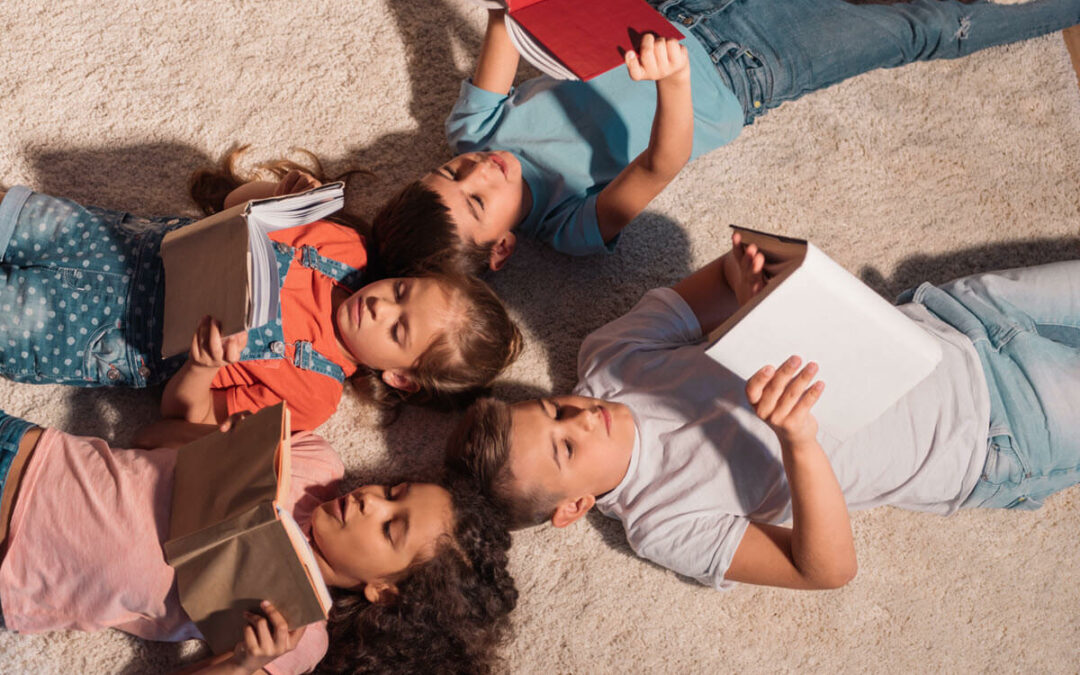
What is Decoding in Phonics: Unlocking the Secrets of Early Literacy
What is Decoding in Phonics: Unlocking the Secrets of Early Literacy Have you ever watched a child struggle to read a simple sentence, their frustration mounting with each failed attempt? The culprit could be a lack of understanding in decoding, a crucial skill...
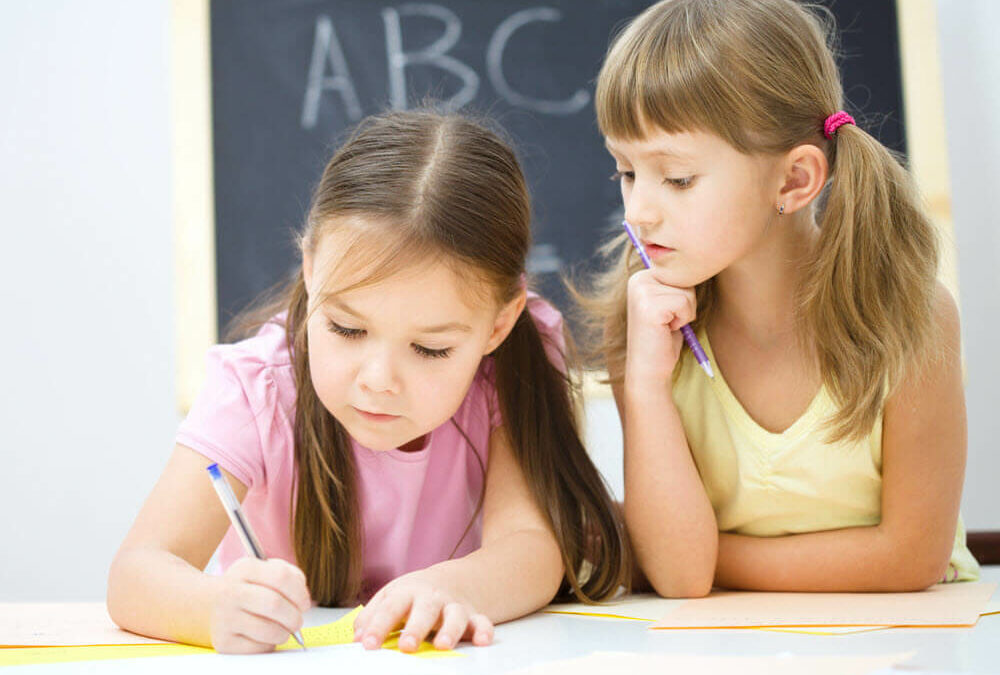
How to Teach the Difference between B and D: The Best Ways to Stop Letter Reversals
How to Teach the Difference between B and D: The Best Ways to Stop Letter Reversals Are you wondering how to teach the difference between B and D to your little one? Well, you're not alone! Letter reversal, especially between 'B' and 'D', can be quite a bugbear...

Natalie is a full-time blogger and former elementary school teacher who specializes in helping parents teach their kids to read. With a qualification in Early Childhood Education, over 7 years of experience in education, and a passion for literacy, Natalie provides practical tips, activities, and resources for parents looking to support their child’s learning-to-read journey. She is the proud mom of two young readers and loves sharing her knowledge and experience with other parents. Natalie enjoys spending time with her family, reading, and exploring the great outdoors when she’s not blogging.

